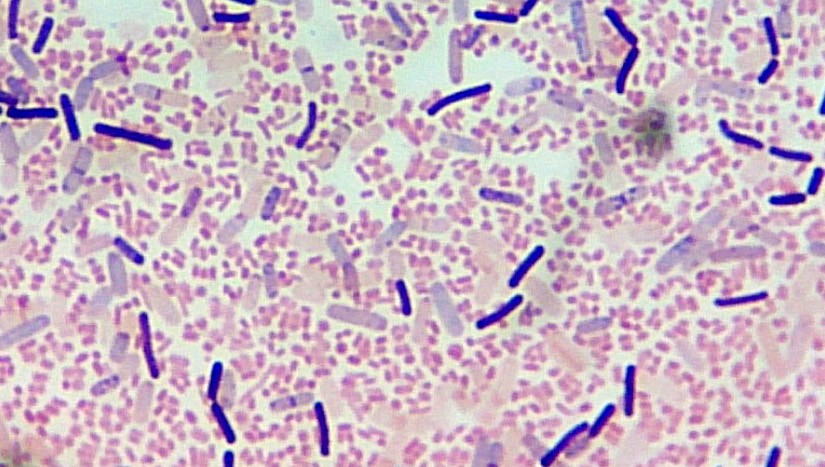Microbes have major effect on ecosystem and humans. They run biogeochemical cycles of the elements, play major role in the intestines of animals and biotechnology such as waste water treatment and food production. On the other hand, microbes cause diseases for plants, animals and humans.
Microbiology research at University of Helsinki is distributed between different Faculties, Departments and Independent Research Institutes. The Microbiome network brings all researchers in the field together. The researcher community is nationally the most significant unit on its field and internationally very visible and active.
The Microbiome network covers the entire field of microbiology, i.e., bacteria, archaea, eukaryotic microorganisms and viruses in any environment where microbes can be found. In addition to basic research in microbiology, it includes applied microbiology.
Areas of strength of the network are environmental microbiology and biotechnology, genetics and genomics of microbes, post-genomics and metabolomics, system biology, food microbiology, human and animal microbiome, microbe evolution, microbe-host interactions, infection microbiology and microbial toxigenesis.
Essential part of the network is Doctoral Programme in Microbiology and Biotechnology.

